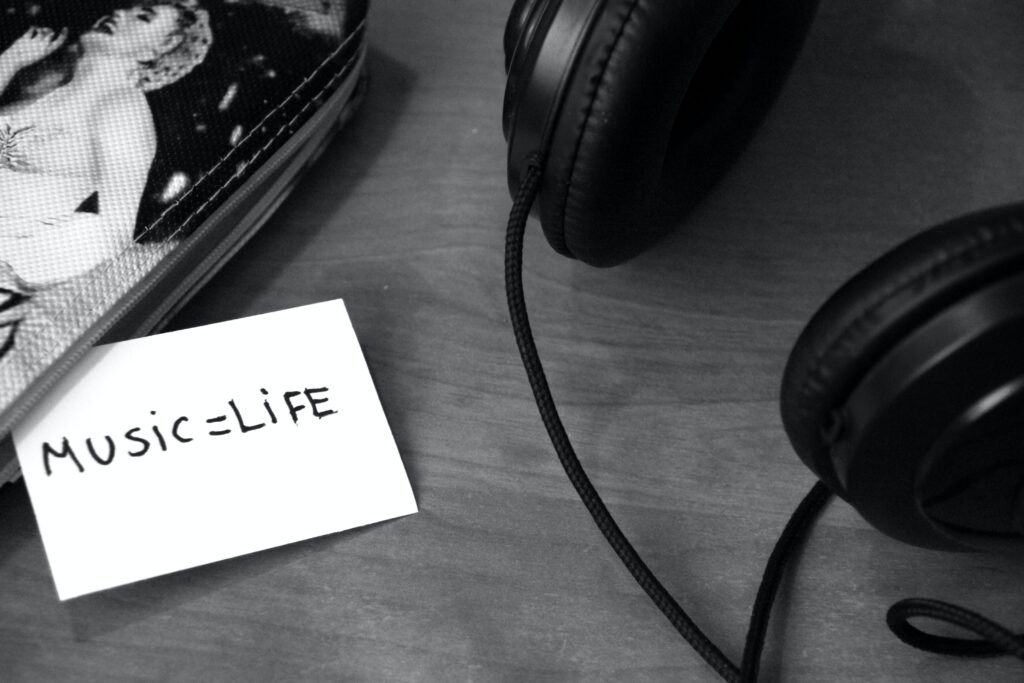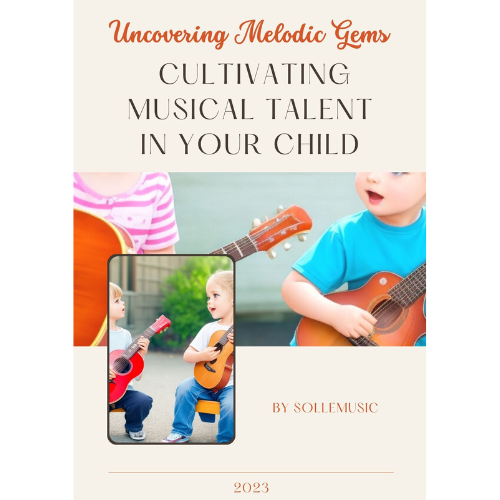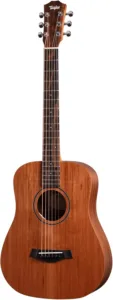I.Introduction:
Exploring Life through the Spectrum of Music is wide. Music has been integral to human culture for centuries, transcending language barriers and connecting people profoundly. Besides, with their unique ability to create and interpret music, musicians offer a distinctive lens through which they perceive and understand the world. Undoubtedly, this article delves into the musical worldview, uncovering how musicians look at life through various musical expressions. And, by exploring their perspectives, we gain insight into the transformative power of music and its ability to shape our perception of reality.
In general, through emotions, storytelling, cultural reflections, and spirituality, musicians view and interpret the world distinctly. The transformative power of music not only enriches their lives but also has a profound impact on society.

II. Music as a Language in Exploring Life through the Spectrum of Music
Obviously, music is often referred to as a universal language, capable of conveying emotions, stories, and ideas without words. Otherwise, musicians understand and embrace this inherent power to communicate and connect with others. And Through their music, they express their deepest thoughts and emotions, creating a bridge between their inner world and the external reality.
Music allows musicians to explore and interpret diverse aspects of life, shaping their unique worldview.

III. Emotions and Self-Expression:
Music is a conduit for emotions, enabling musicians to express their innermost feelings. Music provides a medium through which musicians can convey the breadth and depth of human emotion, whether it be joy, sorrow, love, or anger. By immersing themselves in the creation and performance of music, musicians can understand and process their own emotions and evoke similar responses in their listeners. This emotional resonance fosters empathy and connection, enabling musicians to forge deep bonds with their audience.
Transition: Besides emotions, music enables musicians to explore and understand the complexities of the human experience.
IV. Storytelling and Narrative in Exploring Life through the Spectrum of Music
In the first place, music has a remarkable ability to tell stories and convey narratives. Musicians use their compositions and performances to weave intricate tales, capturing the essence of a moment, an event, or even an entire era. Additionally, Through music, they can transport listeners to different times and places, evoking vivid imagery and stimulating the imagination. Thus, by embracing storytelling, musicians gain a unique perspective on life as they delve into the rich tapestry of human history and the depths of the human condition.
Beyond emotions and storytelling, music offers musicians a way to engage with the world on a cultural and societal level.

V. Cultural and Societal Reflections:
At first, music is deeply intertwined with culture and society, reflecting a particular group or era's values, beliefs, and experiences. As cultural custodians, musicians can capture and interpret these collective experiences through their music.
Besides, musicians gain insights into diverse cultures and societies by immersing themselves in different musical traditions and genres. On the condition that broadens their perspective, enabling them to appreciate the richness of human diversity and fostering a sense of interconnectedness. Furthermore, the musical worldview provides musicians with a unique perspective on life, shaped by their deep connection to music.
Lastly, the musical worldview provides musicians with a unique lens through which they view the world and their place within it.
VI. Spirituality and Transcendence:
For many musicians, music is a spiritual experience that transcends the boundaries of the material world. It offers a means to connect with something greater than themselves, whether it be a higher power, the universe, or the collective consciousness of humanity. Through their music, musicians tap into a realm beyond the physical, delving into the realm of the metaphysical and the transcendent. This spiritual dimension of music gives them a profound sense of purpose and meaning, shaping their perspective on life and inspiring their creative endeavors.
Can the musical worldview differ among musicians' Spirituality and Transcendence?
The musical worldview can differ among musicians based on their experiences, cultural backgrounds, and musical preferences. While there may be common themes and shared experiences, each musician brings unique perspectives and interpretations to their music.

VII. Some examples of musicians who have a distinct musical worldview:
- Bob Dylan:
Bob Dylan is renowned for his poetic songwriting and introspective lyrics touching on social and political issues. His music reflects a worldview that champions social justice, equality, and the power of individual expression. Dylan's music has influenced the counterculture movement of the 1960s and continues to resonate with generations of listeners.
- Nina Simone:
Nina Simone's music was deeply rooted in her experiences as an American of African descent woman during the civil rights movement. Her songs, such as "Mississippi Goddam" and "To Be Young, Gifted and Black," expressed her anger, frustration, and hope for racial equality. Simone's musical worldview was characterized by her unapologetic activism and her belief in the transformative power of music as a catalyst for social change.
- John Lennon:
John Lennon, both as a member of the Beatles and in his solo career, used music as a platform to convey messages of peace, love, and unity. His iconic song "Imagine" became an anthem for the peace movement, advocating for a world free from divisions and conflict. Lennon's musical worldview was characterized by his idealism and desire to inspire positive change through his music.

- Fela Kuti:
Fela Kuti, a Nigerian musician and political activist, developed a musical worldview known as Afrobeat. His music combined elements of jazz, funk, and traditional African rhythms, while his lyrics addressed political corruption, social injustice, and the liberation struggle. Kuti's musical worldview was deeply rooted in his commitment to challenging oppressive systems and promoting African pride and identity
VIII.Conclusion
The Transformative Power of Music: Unveiling the Musical Worldview00:03
In conclusion, the musical worldview offers a fascinating glimpse into how musicians perceive and interpret the world around them. Through the language of music, musicians express their emotions, tell stories, connect with diverse cultures, and touch the realm of the spiritual. Their unique perspective, shaped by their immersion in the world of music, enriches not only their own lives but also the lives of those who listen to their compositions and performances. The musical worldview reminds us of the profound impact that music can have on our perception of reality, the power to create connections, foster empathy, and ignite our collective imagination.

IX. FAQs of Exploring Life through the Spectrum of Music
1. How does music influence a musician's worldview?
Particularly, music transforms a musician's worldview by providing a unique lens through which they perceive and interpret the world.Also, it allows them to express emotions, tell stories, connect with diverse cultures, and explore the spiritual dimensions of life, shaping their perspective on reality.
2. Can non-musicians develop a musical worldview?
Absolutely. While musicians have a deep immersion in the world of music, non-musicians can also develop a musical worldview by actively engaging with music, attending performances, and exploring different genres. Music can touch individuals regardless of their musical background, allowing them to appreciate its transformative qualities and gain a broader perspective on life.
3. How does the musical worldview impact society?
The musical worldview profoundly impacts society by fostering empathy, promoting cultural understanding, and inspiring creativity. Through their music, musicians can challenge societal norms, raise awareness about social issues, and unite people. They can creat a more inclusive and harmonious society.

4. Can the musical worldview evolve?
Yes, the musical worldview can evolve as musicians grow and mature in their craft. Experiences, personal growth, and exposure to new musical styles can broaden their perspective and reshape their worldview. This evolution contributes to their artistic development and allows a deeper understanding of life through music.
5. Is the musical worldview limited to professional musicians?
No, the musical worldview is not limited to professional musicians. It extends to anyone who engages with music deeply, whether as a performer, listener, or enthusiast. To summarize,he transformative power of music can shape the worldview of individuals from all walks of life.It allow them to see the world through a musical lens.




